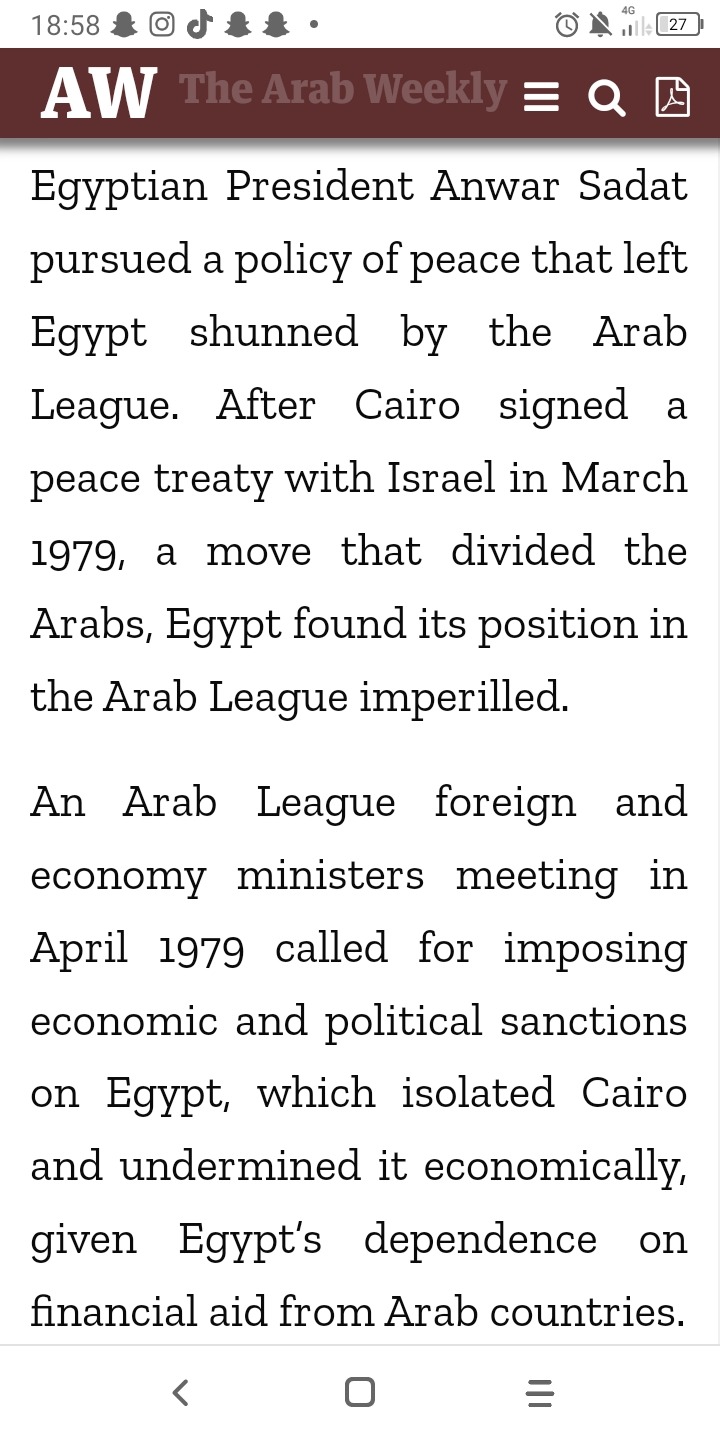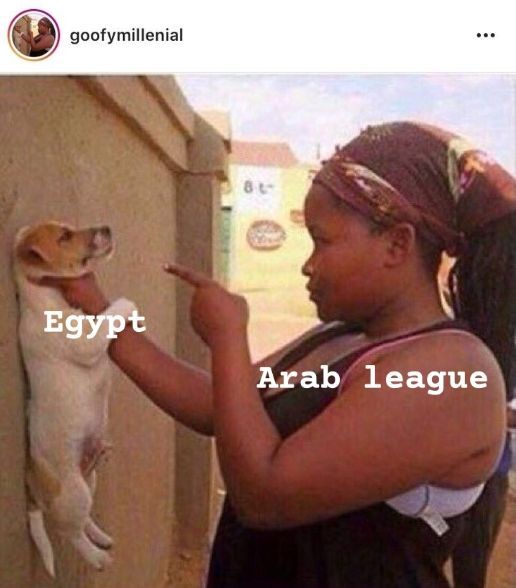#arab league
Photo

If 100 people lived in the Arab League, where would they live?
64 notes
·
View notes
Text
[same article as this post, different excerpt]
Emma Saltzberg: When Israeli state actors were trying to influence the American Jewish conversation, what did that look like? What kind of activism were they targeting?
Geoffrey Levin: One of the main figures in the book is Don Peretz, a pacifist-leaning American Jew who volunteered to help displaced Palestinian Arabs in Israel in 1949, wrote the first dissertation on Palestinian refugees, and later became a major scholar on the subject. In 1956, the AJC hired Peretz to be their first Middle East consultant, and he wrote pamphlets for them about Arab refugees that did not rule out return as part of a possible solution. Later that year, Israeli diplomats pushed the AJC to fire him. The AJC compromised by allowing Peretz’s writings for them to be looked over—or censored—by the Israelis. Eventually, the AJC did push Peretz out. Israeli diplomats also successfully lobbied the London-based Jewish Chronicle, as well as several mainstream American Jewish publications, to disaffiliate with their longtime writer William Zukerman because he repeatedly wrote about the Palestinian refugee problem and was upset about refugees not being able to return.
A lot of these figures they went after, including Zukerman and Peretz, were not radical anti-Zionists. But Israeli diplomats were actually more concerned about these people who were operating within the American Jewish mainstream, because during its early years Israel relied heavily on American Jewish financial and political support. And they were afraid that the American government might pressure Israel to accept a limited refugee return, which they opposed because they wanted to maintain a larger Jewish demographic majority and to avoid having to return land to its previous Arab owners. So they didn’t want the American Jewish community wavering on its opposition to that. As far as Israel was concerned, it was best if American Jews just didn’t talk about Palestinian refugees at all—unless they were repeating Israeli talking points.
ES: What about the CIA and Arab state actors? How were they trying to influence American discourse on Israel/Palestine?
GL: Surprisingly, one of the main reasons American Jews were thinking about Palestinian refugees in the mid-1950s is because this CIA-funded anti-Zionist organization called the American Friends of the Middle East (AFME) was raising awareness about the Palestinian cause. This was part of the Eisenhower administration’s effort to create more political space to push Israel to make concessions to Egypt to help them court Arab nationalist Egyptian leader Gamal Abdel Nasser as an anti-Communist ally. In the US, AFME ran propaganda campaigns against Zionism. Many of its members were white American Protestants, though AFME also sponsored the creation of the Organization of Arab Students. So the first national American Arab student organization was funded with CIA money, though the students didn’t know that; they were just advocating for their cause.
There were also Arab state actors who were advocating for Palestinians in the US; I focus on the work of Fayez Sayegh, who was running the Arab League office in the US for a short period in the mid-1950s. At that moment, there was a hope amongst some in the American foreign policy establishment and some more conservative Arabs—often Christian like Sayegh—that America and the Arabs would align to counter Soviet influence in the Middle East. But by the ’60s, and especially by the ’70s, that dream was falling apart as Cold War alliances solidified. And so you had Arab states and the Palestinians moving in an anti-US direction, turning toward Third World alliances and alignment with global anti-colonial struggles. In fact, In the early ’70s, that Arab student group that was first funded by the CIA ended up being monitored by the FBI.
39 notes
·
View notes
Text
Idk about all of you on this site, but I think all my Arab mutuals can agree that the Arab league has become a burden on the Arab nation.
#free palestine#palestine#gaza#free gaza#israel#gaza strip#fuck israel#from the river to the sea palestine will be free#gaza genocide#Arab league#Arab#arabic#united arab emirates#saudi arabia#arabian#makkah#egypt#turban#masjid
7 notes
·
View notes
Photo
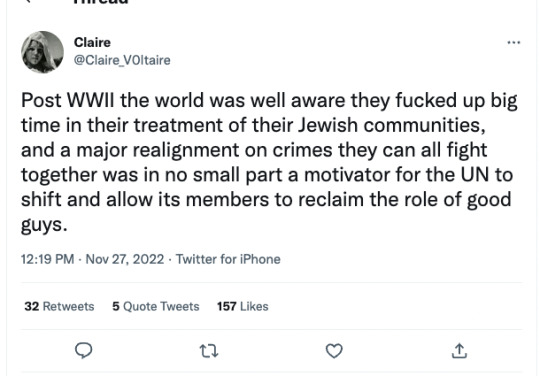
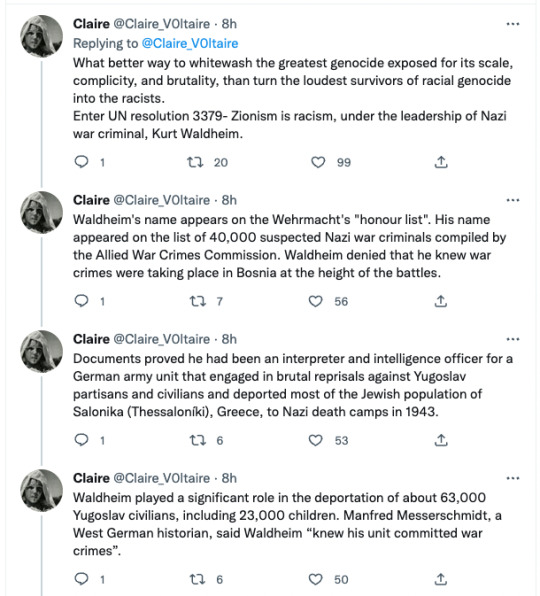
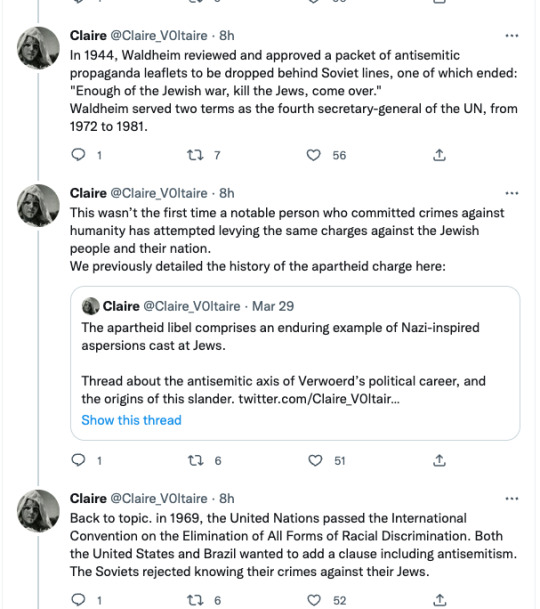
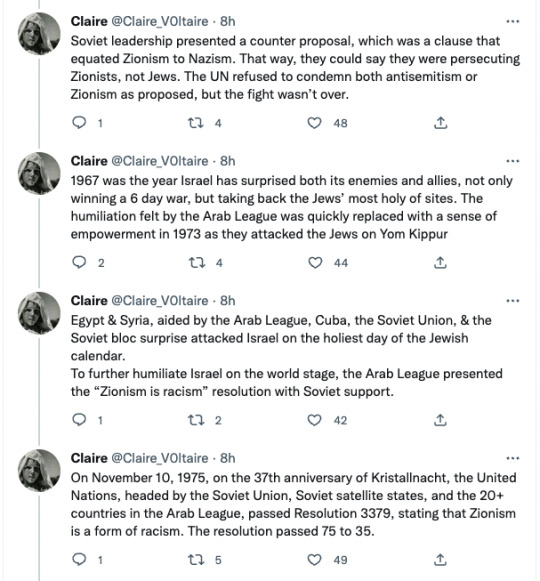
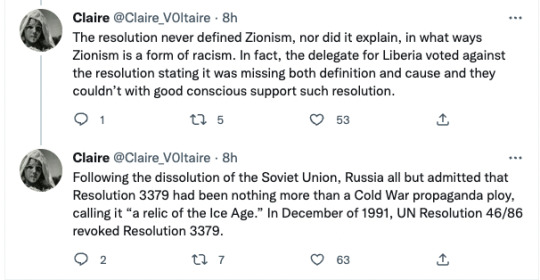
Source
#kurt waldheim#united nations#genocide#soviet union#zionism#zionism is a form of racism#arab league#un resolution 3379
75 notes
·
View notes
Text
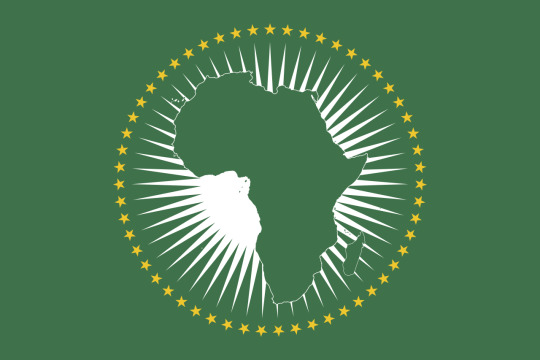
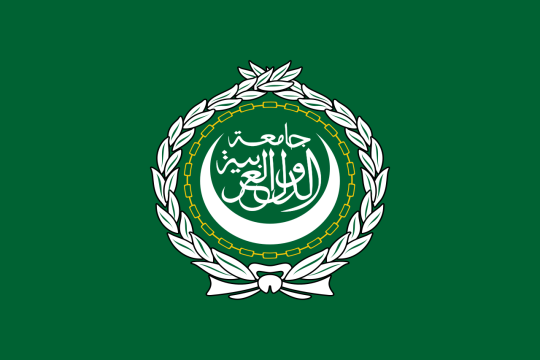
11 notes
·
View notes
Text
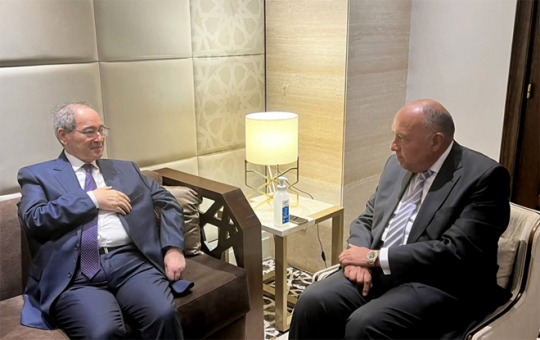
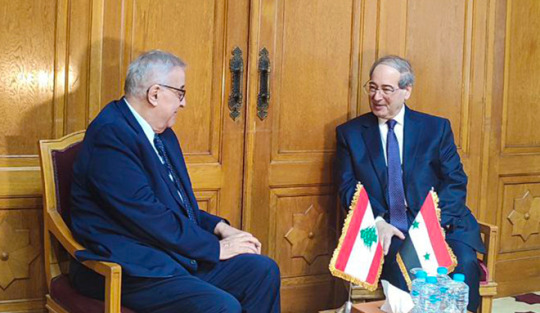
#Council of Arab States#Arab League#Arab League Council#Faisal Mikdad#Syria#Sameh Shoukry#Egypt#Abdullah Bou Habib#Lebanon#Khalifa Shaheen Al Marar#United Arab Emirates#UAE#Nabil Ammar#Tunisia#Cairo#Hannibal?
2 notes
·
View notes
Text
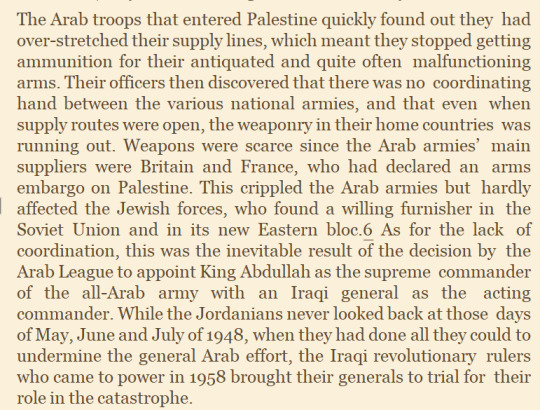
The Ethnic Cleansing of Palestine - Ilan Pappé (2006)
#Palestine#Jordan#Iraq#Britain#France#1948#Soviet Union#Israel#Arab League#King Abdullah#1958#The Ethnic Cleansing of Palestine#Ilan Pappé#Palestinians#free palestine#free gaza#israel#ethnic cleansing#zionism#nsnv#colonialism#atypicalreads#politics#history#state of israel#ideology#nonfiction#Ilan Pappe
3 notes
·
View notes
Text
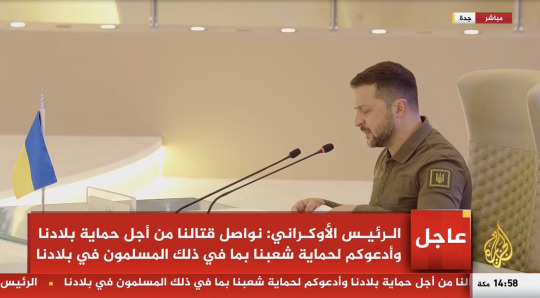
Translation: "We are continuing our fight to protect our country and I invite you to protect our people including the Muslims in [Ukraine]."
He continues, "I'm sure none of you would accept to give up any part of your land to invaders" - Zelensky, in Saudi Arabia soliciting help from the Arab League
Reminder that Zelensky supports the zionist (Israel) occupation of Palestine, and voted in the UN against the recognition of the Palestinian state. He also owns a house on occupied Palestinian land. Audacity.
9 notes
·
View notes
Text
2 notes
·
View notes
Photo
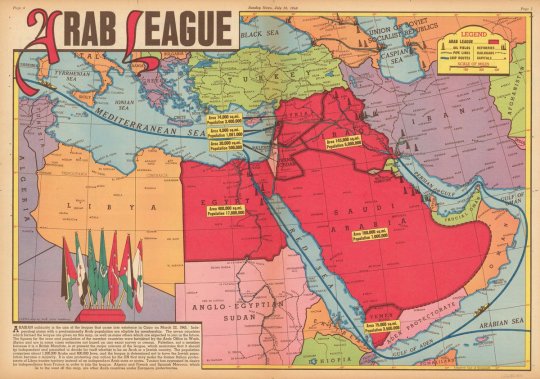
Arab League. July 28, 1946. Publisher: Sunday News.
by @vintagemapstore
76 notes
·
View notes
Photo

Arabs King on King the Land'..NETFLIX 'arab bloc tops' irony
#King the Land#Arabs#Description#Samir Caetano#Lee Joon-ho#Distortion#Ranking#Im Yoon-ah#Land#Cultural Revolution#Netflix#Arab League#STC#Haru
2 notes
·
View notes
Quote
President Bashar al-Assad strode into the Arab League summit in Jeddah, relishing the clearest recognition yet that he has won his war for Syria. He was embraced by the Saudi Crown Prince Mohammed bin Salman. A decade ago, the Saudis funded anti-Assad militias. Now the prince, known as MBS, wants to remake the Middle East, and he needs Syria onside. In a speech, President Assad insisted that Syria would always belong to the Arab world. But other countries should not interfere with what happened inside its borders. "It is important to leave internal affairs to the country's people as they are best able to manage them," he said. By the people, President Assad meant the leader and his supporters. Between them, the princes and presidents at the summit have locked up many thousands of their opponents.
Jeremy Bowen, ‘Syria: Dismay and fear as Bashar al-Assad returns to Arab fold’, BBC
#BBC#Jeremy Bowen#Bashar al-Assad#Arab League#Mohammed bin Salman#Saudi Arabia#anti-Assad militias#Syrian Civil War#Middle East#Arab world
2 notes
·
View notes
Link
From KUNA, the Kuwait News Agency, July 31:
The Arab League called on the Arab States on Sunday to reactivate the boycott of Israel, describing it as a peaceful resistance to press Israel to abide by international resolutions.The League Assistant Secretary-General for Palestine and the Occupied Arab Territories Affairs Saed Abu Ali made the remarks at the 95th meeting of the Arab boycott offices in Cairo.He said Israel's international boycott had achieved success at both popular and official levels.
Compare with an Arab League press release from October 24, 2017:
The Arab League (AL) called on Arab States on Monday to reactivate boycott of Israel, describing it as a peaceful resistance to press Israel to abide by international resolutions.AL Assistant Secretary General for Palestine and the Occupied Arab Territories Affairs Saed Abu Ali made the remarks at the 91st meeting of the Arab boycott offices in Cairo.He said that the international boycott of Israel had achieved success at both popular and official levels.
Yes, they are practically word for word the same.
And the idea of an Arab League boycott is now a joke with direct trade relations between Israel and Egypt, Jordan, Morocco, Bahrain and the UAE, and indirect relations with who knows how many others.
But the Arab League Boycott Office continues with its annual or semi-annual meetings, and they have to justify their existence, so they call the reactivate the boycott. Again and again.
9 notes
·
View notes
Text

Syrian President Bashar al-Assad meeting Egyptian President Abdel-Fattah el-Sisi in Riyadh, Saudi Arabia after the Arab Summit on Gaza today, 11 November 2023
#Assad#Bashar al-Assad#Syria#Sisi#Abdel-Fattah el-Sisi#Abdel Fattah el-Sisi#Egypt#Riyadh#Saudi Arabia#Arab Summit#Arab League#Gaza#Gaza Strip#Palestine
3 notes
·
View notes
